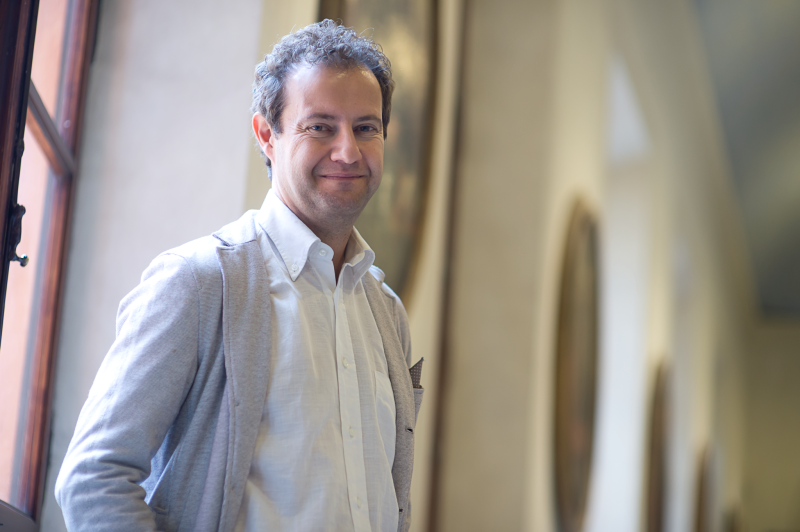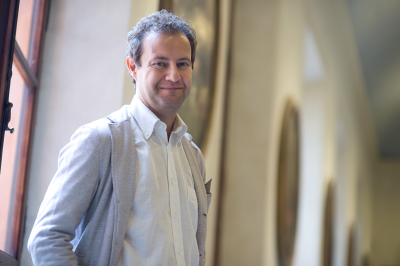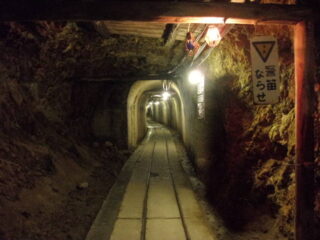“Tell Me the Truth About Technology” – Our Relationship with Technology, Technology and Society Lecture by Prof. Massimiano Bucchi

| Date(s) | Friday, 30 September 2022, 10:00 am-12:00 pm |
|---|---|
| Venue |
Zoom Webinar (Register here) |
| Registration | Pre-registration required |
| Language | English (English-Japanese simultaneous translation available) |
| Abstract |
The talk will look at key themes to understand our daily relationship with technology and more broadly the role of technology in society, emphasizing both changes and historical continuity. The following topics will be addressed, challenging widespread stereotypes in contemporary public discourse about technology:
|
| Program |
Lecture: Massimiano BUCCHI (Department of Sociology and social research, University of Trento, Professor) Comments: Michael FACIUS (Tokyo College, Associate Professor) EMA Arisa (Institute for Future Initiatives, The University of Tokyo, Associate Professor) Q&A |
| Speaker Profile |
Massimiano BUCCHI, professor of Science and Technology in Society and Director of Master SCICOMM, University of Trento, has been visiting professor in Asia, Europe, North America and Oceania. He is the author of several books (published in more than 20 countries) and papers in journals such as Nature, Science and PLOS. Among his books in English: Science and the Media (Routledge, 1998); Science in Society (Routledge, 2004); Beyond Technocracy (Springer, 2009; published also in Chinese, 2016); Newton’s Chicken. Science in the Kitchen (World Scientific, 2020); Handbook of Public Communication of Science and Technology (3rd ed. 2021, ed. with B. Trench, Routledge). From 2016 to 2019 he was editor-in-chief of the international journal Public Understanding of Science. He regularly contributes to newspapers and TV programmes. http://www.massimianobucchi.it
|
| Organized by | Tokyo College, The University of Tokyo |
| Contact | tokyo.college.event@tc.u-tokyo.ac.jp |















